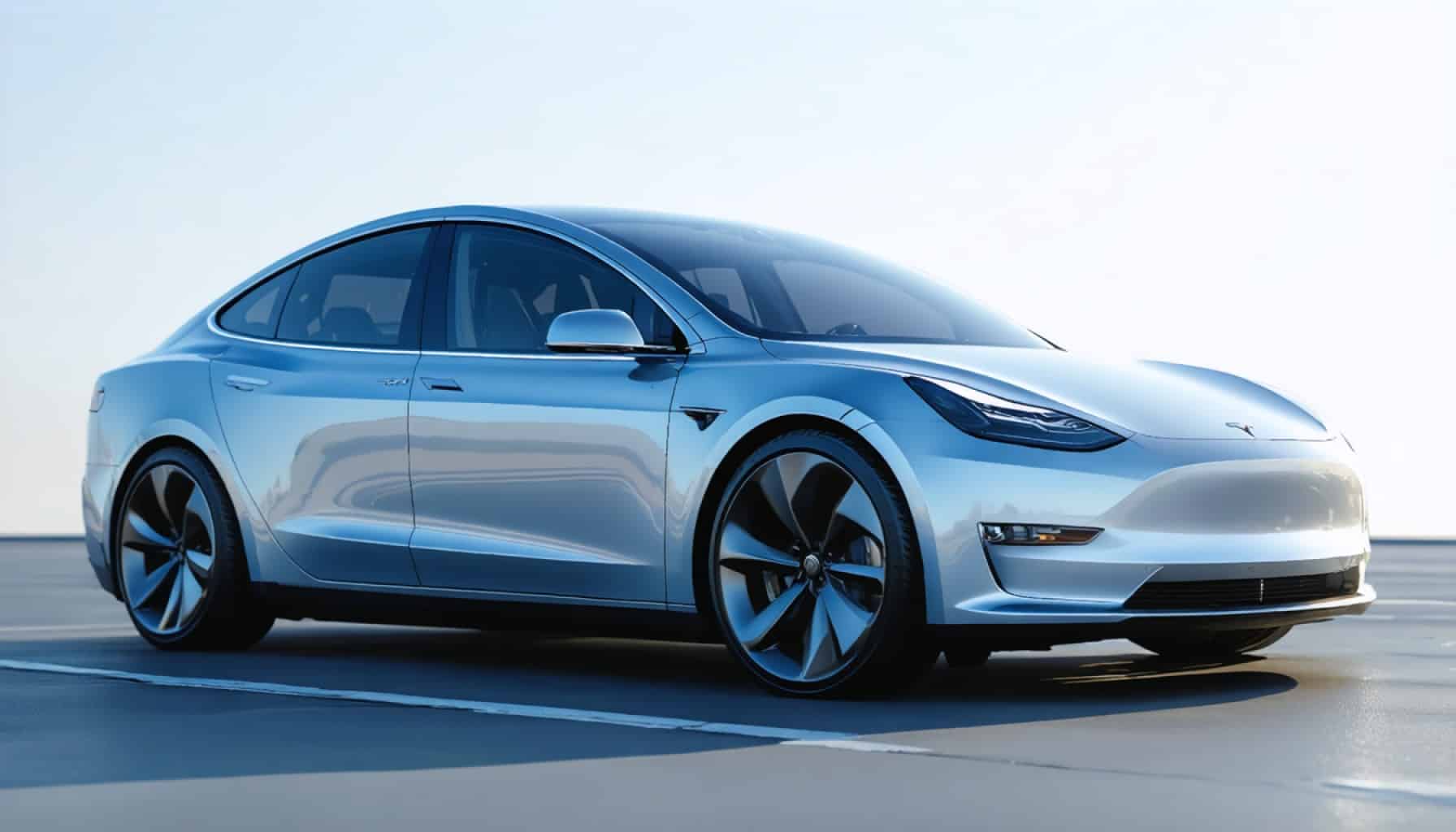Tesla Moves Forward with Electric Car Certification in India

New Delhi: Tesla Inc., led by Elon Musk, has taken a significant step towards entering the Indian automotive market by initiating the certification and homologation process for two of its electric vehicles, the Model Y and Model 3. This move is crucial for the company as it seeks to comply with local regulations before launching sales in the country. The applications were submitted by Tesla India Motor & Energy Pvt. Ltd., marking a pivotal moment in the company’s expansion plans.
Homologation Process Explained
Homologation is a mandatory procedure that ensures vehicles meet specific safety, emission, and roadworthiness standards set by the Indian government. Tesla’s recent applications for the Model Y and Model 3 are part of this process, which is essential for all vehicles, whether manufactured locally or imported. Previously, Tesla submitted seven applications for homologation related to test vehicles, with one of those applications recently receiving approval. This indicates that Tesla is making progress in meeting the regulatory requirements necessary for its vehicles to be sold in India. The homologation tests will verify that Tesla’s vehicles align with the Central Motor Vehicle Rules, which govern automotive standards in India. By adhering to these regulations, Tesla aims to ensure that its cars are not only compliant but also tailored to the unique demands of the Indian market.
Strategic Timing Amid Trade Talks
Tesla’s move comes at a time when discussions are underway between the United States and India regarding a potential free trade agreement. This agreement could lead to reduced tariffs, enhancing bilateral trade and making it easier for companies like Tesla to operate in India. Musk’s interest in the Indian market is driven by the country’s status as the third-largest car market globally, especially as Tesla seeks alternatives to China amid increasing US sanctions. While the Indian government is eager for Tesla to establish a manufacturing plant in the country, Musk’s current strategy appears to focus on exporting vehicles to India without immediate plans for local production. This approach reflects Tesla’s broader strategy of entering new markets while assessing local demand and operational feasibility.
Growth of the Electric Vehicle Market in India
The electric vehicle (EV) market in India is experiencing rapid growth, with sales increasing by 20% in 2024, reaching 99,165 units compared to 82,688 units in 2023. Tata Motors and JSW MG Motors currently dominate the market, but the luxury EV segment is also expanding, with brands like BMW, Mercedes Benz, and Audi reporting higher sales figures. The Federation of Automobile Dealers Associations (FADA) indicates that the retail sales of electric passenger vehicles have surged, reflecting a growing consumer interest in sustainable transportation options. Government initiatives, including subsidies under the PM E-Drive scheme, are further fueling this growth. These efforts are part of India’s broader strategy to transition to green energy and combat climate change. The electric two-wheeler segment has also seen significant sales, with 1.13 million units sold in 2024, up from 860,000 in 2023.
Future Prospects for Tesla in India
As Tesla prepares to enter the Indian market, the overall penetration of electric vehicles has risen to 7.46% in 2024, up from 6.39% in the previous year. Industry forecasts predict a compound annual growth rate (CAGR) of 43% for the EV market in India, indicating a robust future for electric mobility. With increasing consumer demand and supportive government policies, Tesla’s entry could significantly impact the landscape of electric vehicles in India.
Observer Voice is the one stop site for National, International news, Sports, Editor’s Choice, Art/culture contents, Quotes and much more. We also cover historical contents. Historical contents includes World History, Indian History, and what happened today. The website also covers Entertainment across the India and World.

